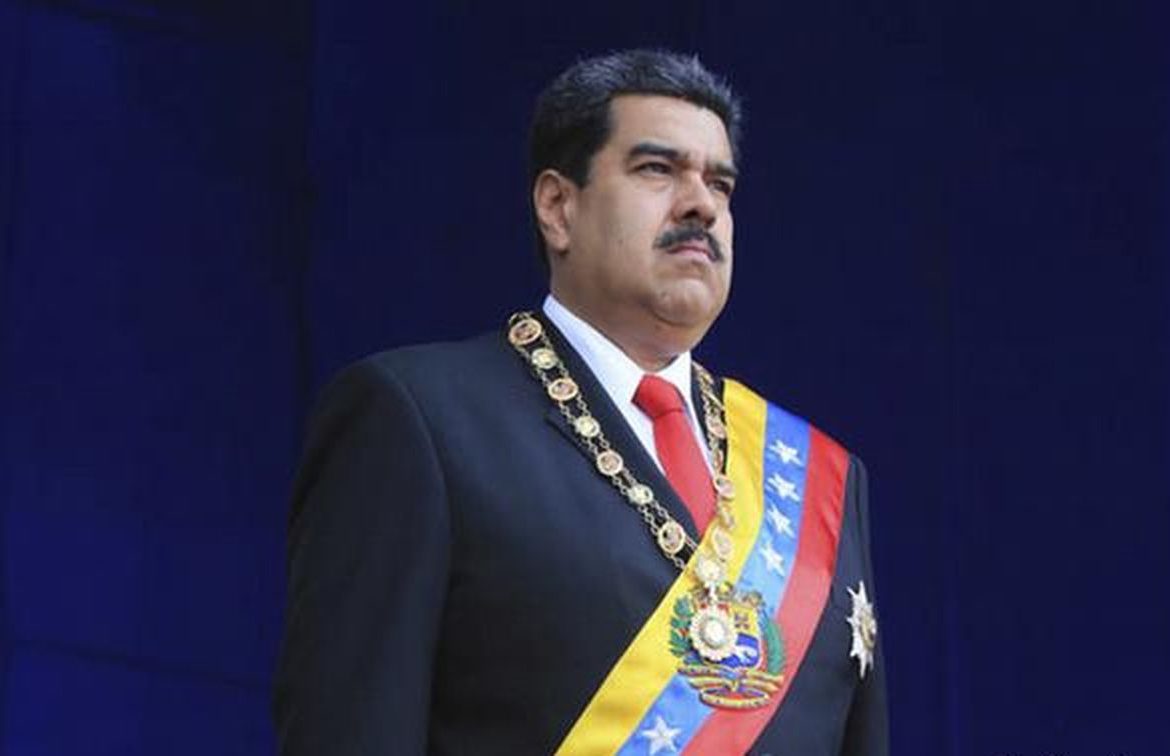The” Supreme court of Venezuela in exile”, a self-proclaimed body consisting of the former attorney General of the country Luis Ortega and more than twenty lawyers,” found guilty “of corruption of the incumbent Venezuelan President Nicolas Maduro and” sentenced ” him to 18 years in prison.
Some of the judges were in Bogotá (Colombia), some – in the us state of Miami. Following the meeting, the head of state was found guilty of corruption and receiving a bribe of $ 35 million from the Brazilian construction conglomerate Odebrecht. The funds allegedly went to Finance Maduro’s election campaign in 2013 and were transferred in exchange for approval of a number of contracts with Venezuelan budget enterprises, ABCnews reports.
The judges decided that the President must be a term in the military prison of Ramo Verde, which is located in Los teques, state of Miranda.
“I ask for justice in the name of all Venezuelans,” said former Prosecutor General Luis Ortega in a final statement. “Guilty of money laundering and corruption”: this is the verdict of the “Supreme court of Venezuela in exile”, which is not recognized by the Venezuelan authorities. However, lawyers hope to draw public attention to the crisis in the country through their actions.they fled Venezuela after a wave of protests.

In a video released earlier, Odebrecht’s Executive Director said that Maduro’s assistant had asked for $ 50 million to Fund the socialist leader’s campaign in 2013. The Executive has agreed to pay $ 35 million in exchange for a guarantee that if he wins, Odebrecht’s projects will receive “priority.” Maduro denied these allegations.
During the trial, Ortega said that the pervasive culture of corruption in the Maduro government has contributed to a steady decline in the standard of living of Venezuelans, who are now struggling to eat three times a day and are fleeing the country more and more.
She said that Odebrecht received compensation for numerous public works projects that had not yet been completed. “These works simply do not exist, but the money was paid,” she said.
Ortega broke the connection with the administration of Maduro last year. In March 2017, the Supreme court of Venezuela, consisting entirely of supporters of Maduro, decided to abolish the powers of the Parliament of the country, the majority of which were supporters of the opposition. Louise Ortega, as attorney General, declared the decision illegal. This statement came as a complete surprise to the Maduro government. She became one of Maduro’s most outspoken critics during the wave of protests and fled to Colombia after being ousted from her post.
Maduro had previously promised to imprison all Supreme court judges sworn in by the National Assembly. In addition, Venezuelan authorities had blocked the accounts of Supreme court judges appointed by Parliament. As a result, the judges left Venezuela and were sworn in in October 2017 in the building of the Organization of American States in Washington.
 info@anticorr.media
info@anticorr.media


